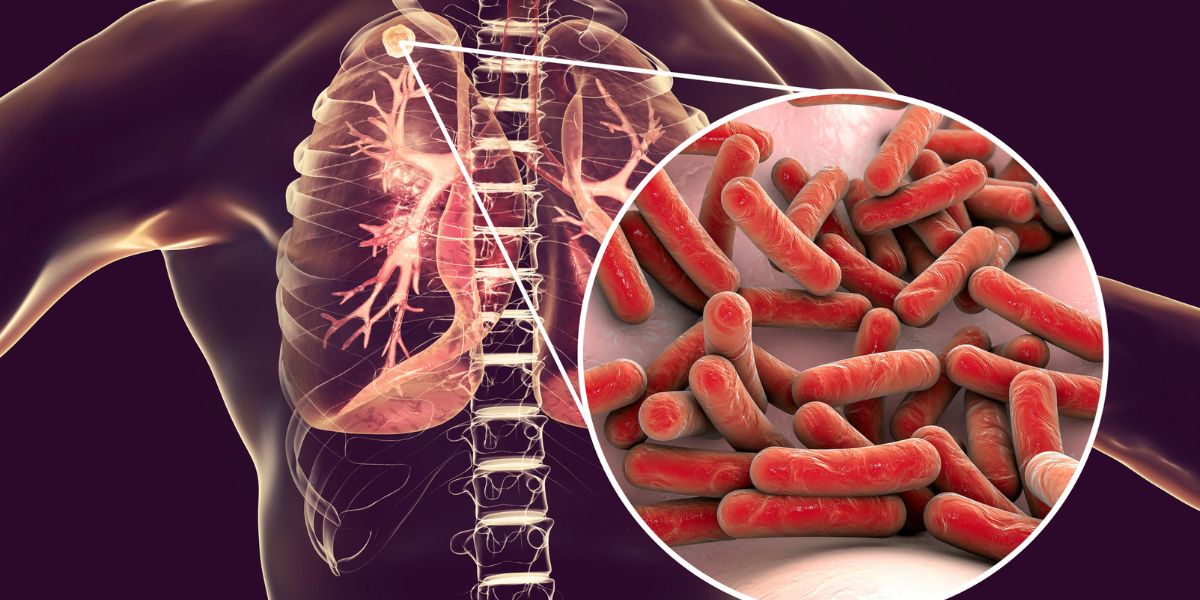Tuberculosis (TB)
Tuberculosis (TB) is a serious infectious disease caused by the bacteria *Mycobacterium tuberculosis*. TB primarily affects the lungs, though it can also impact other parts of the body. The disease spreads through airborne droplets when an infected person coughs or sneezes. Symptoms of active TB include a persistent cough, chest pain, fever, night sweats, and weight loss.
Diagnosis of TB involves a combination of skin tests, blood tests, chest X-rays, and sputum analysis. People with latent TB infection do not show symptoms but may still require treatment to prevent the progression to active TB disease.
Treatment for TB typically involves a course of antibiotics taken over several months. Adherence to the full treatment regimen is crucial to cure the disease and prevent the development of drug-resistant TB strains. Public health measures, including vaccination and screening, play an important role in TB prevention and control.


